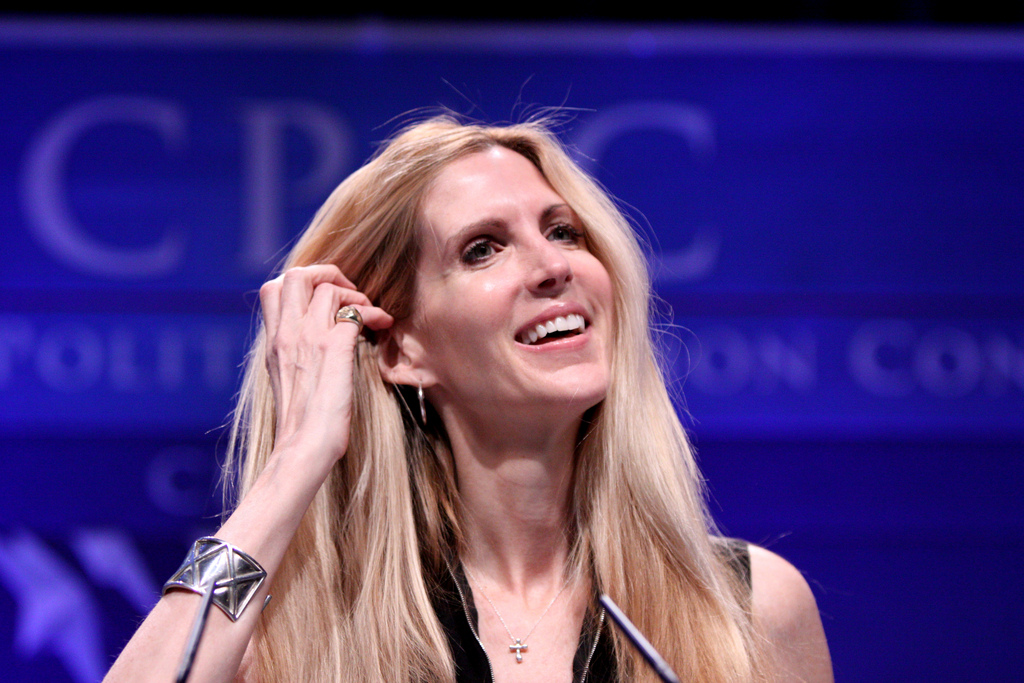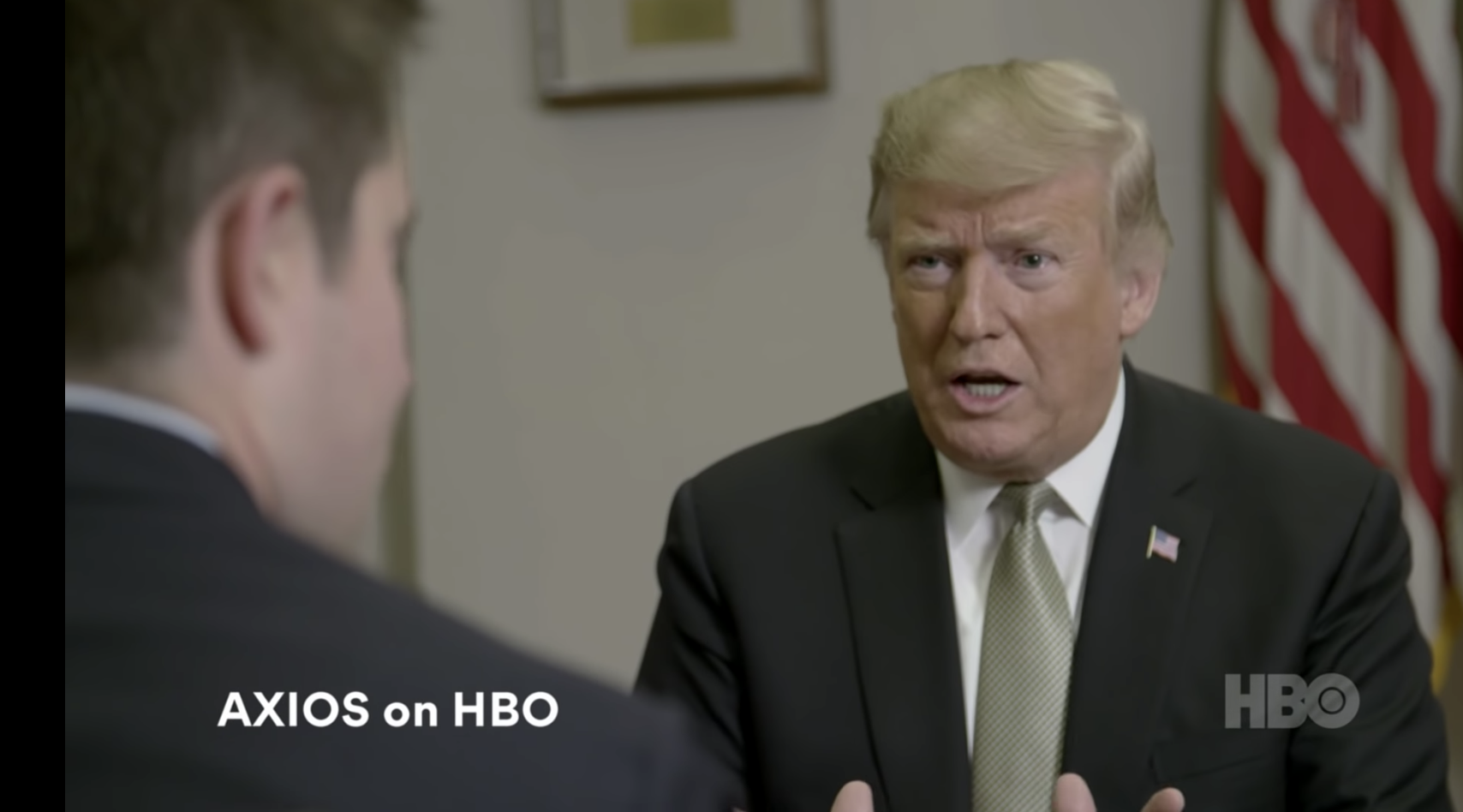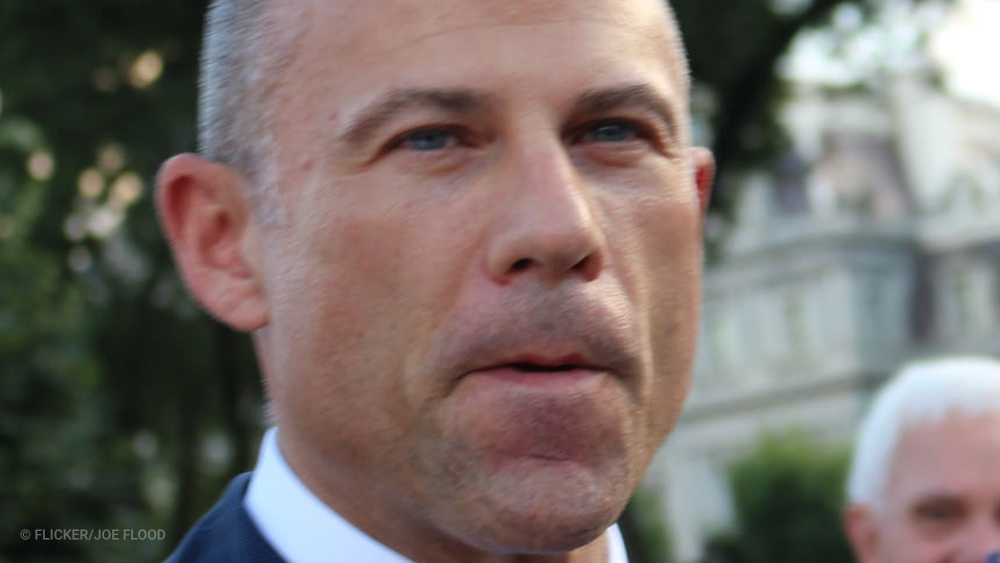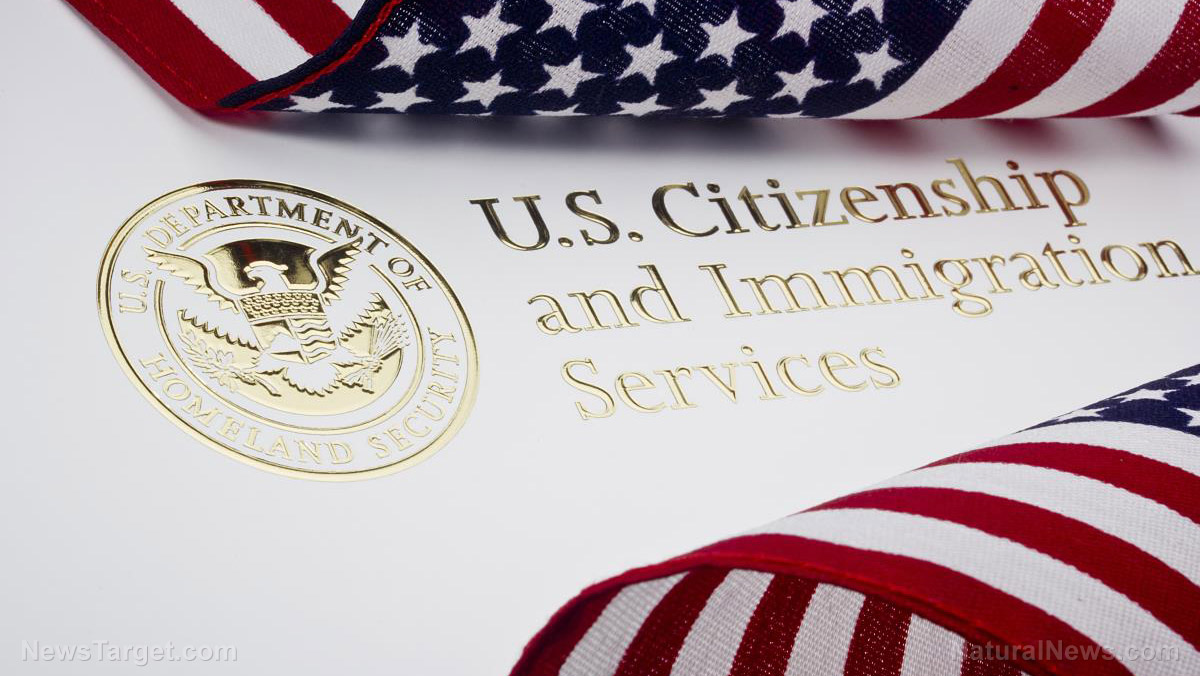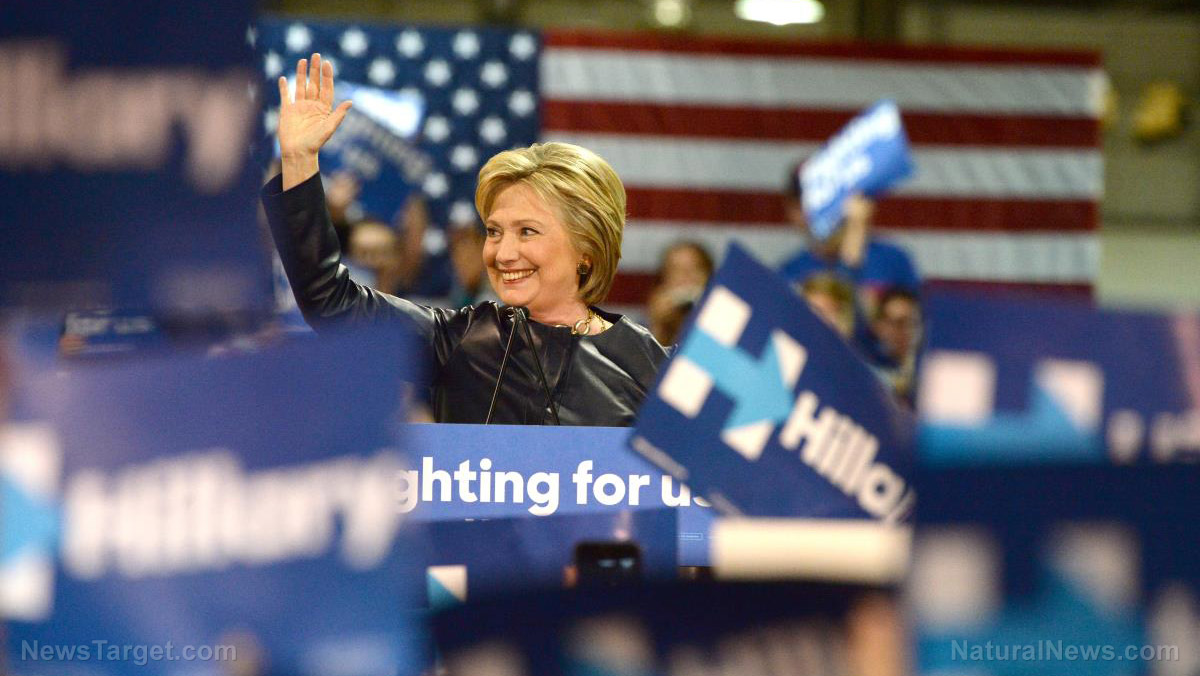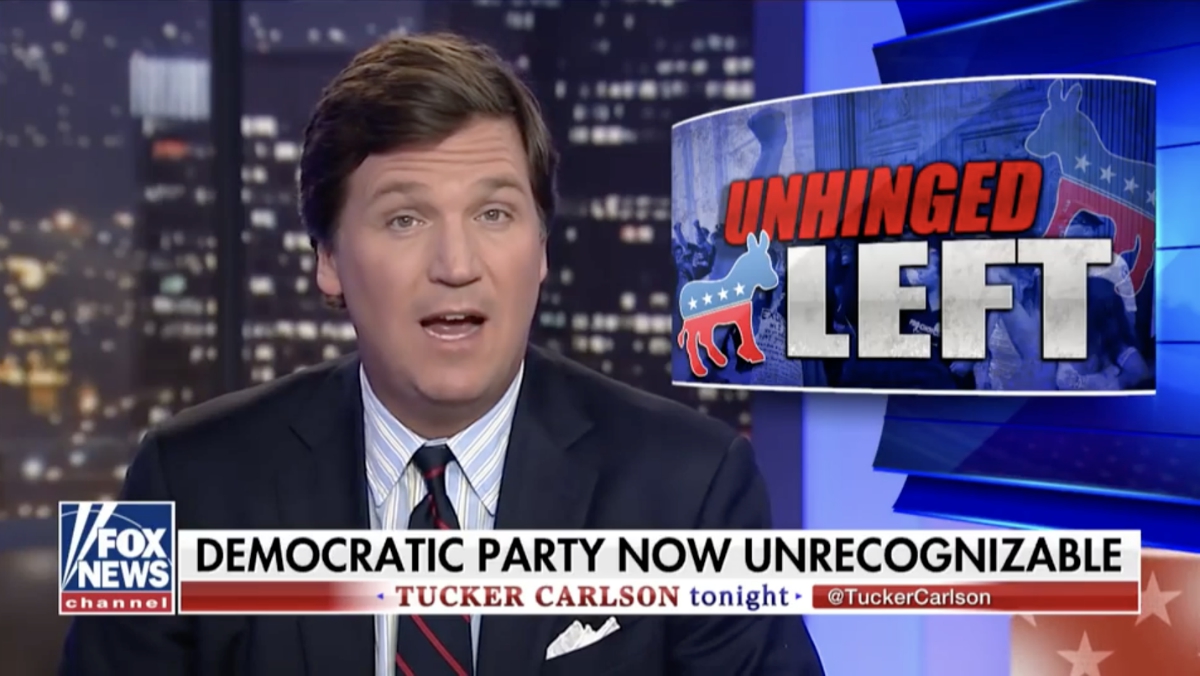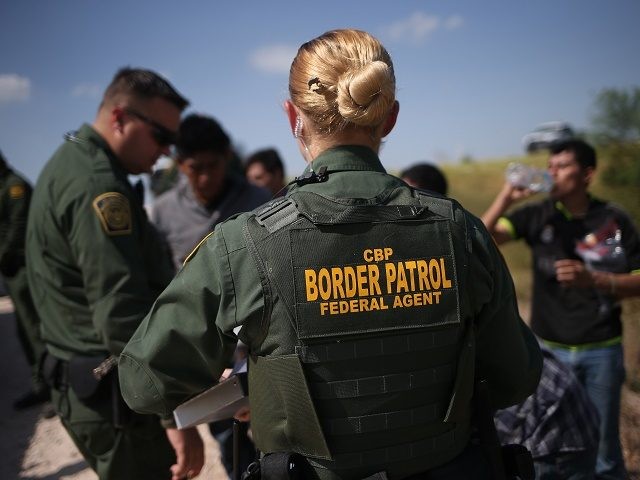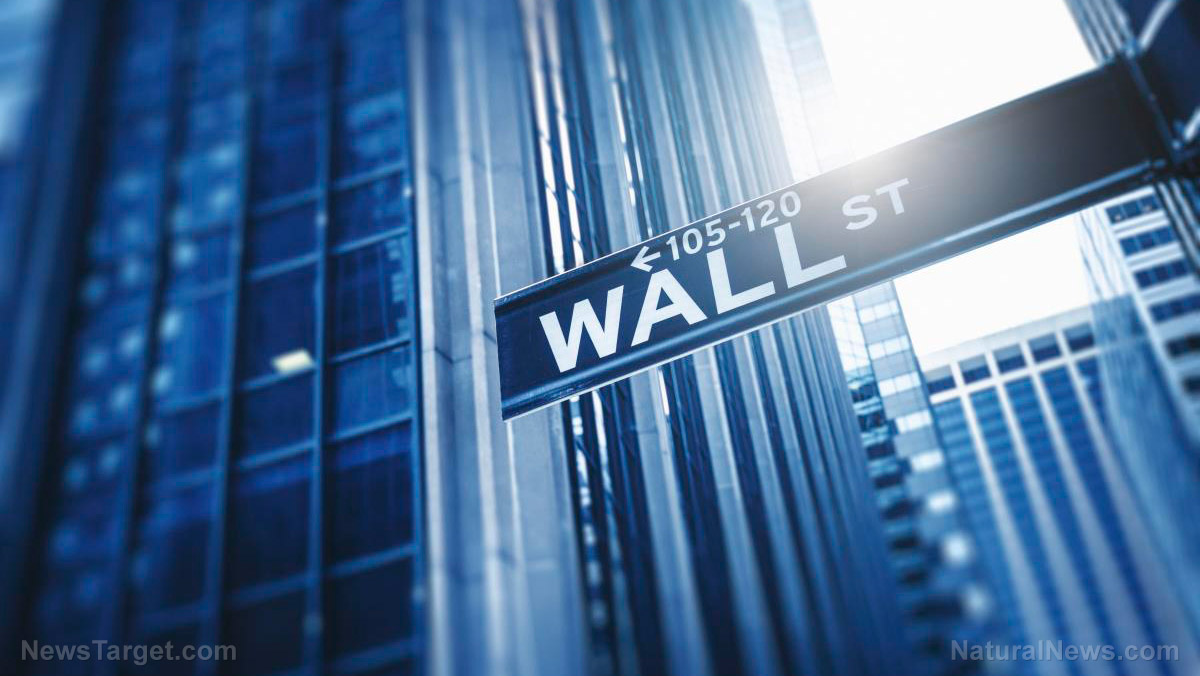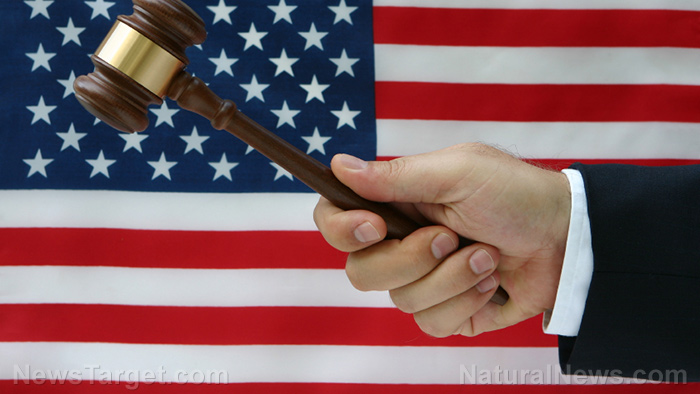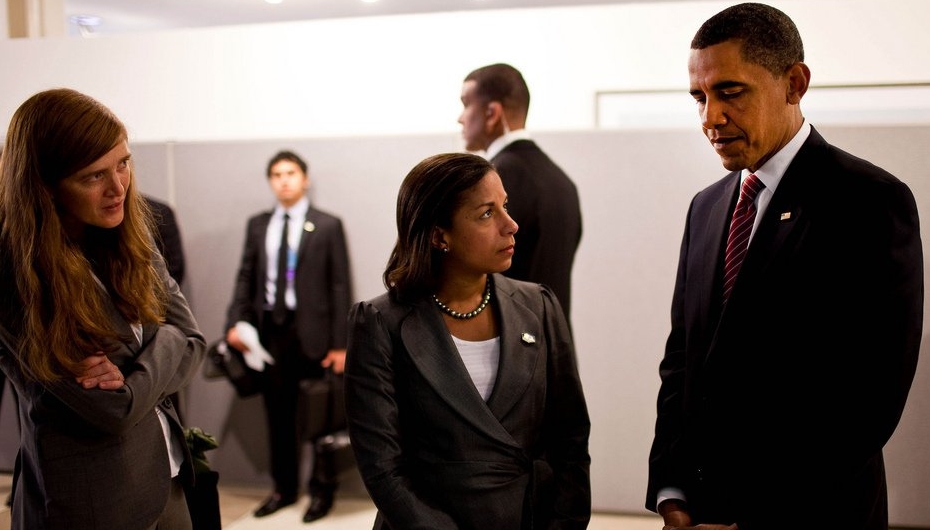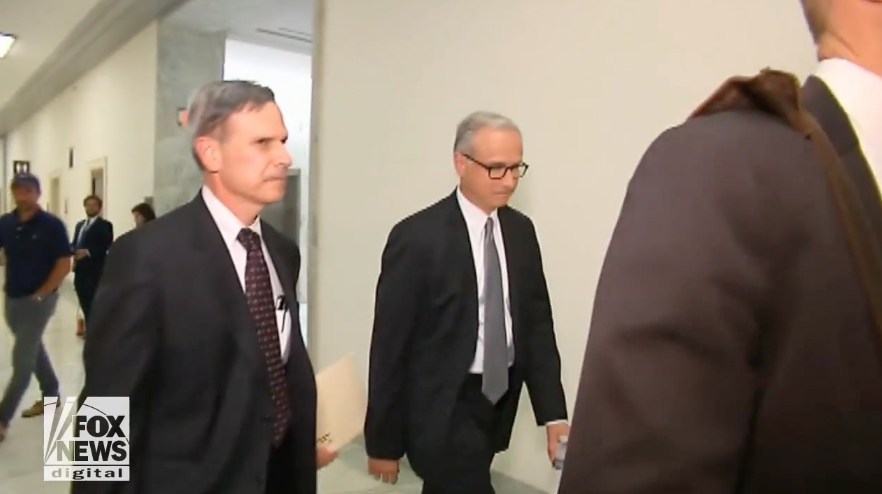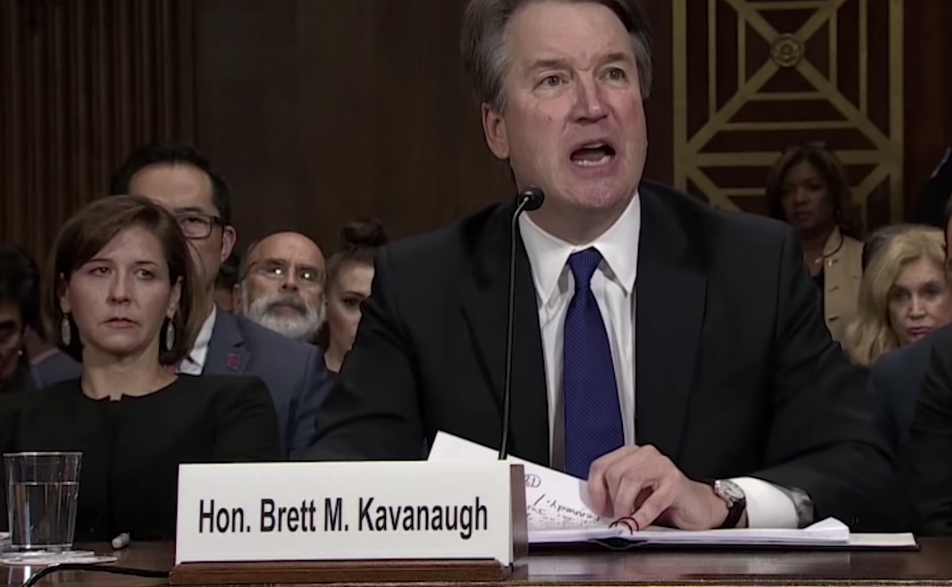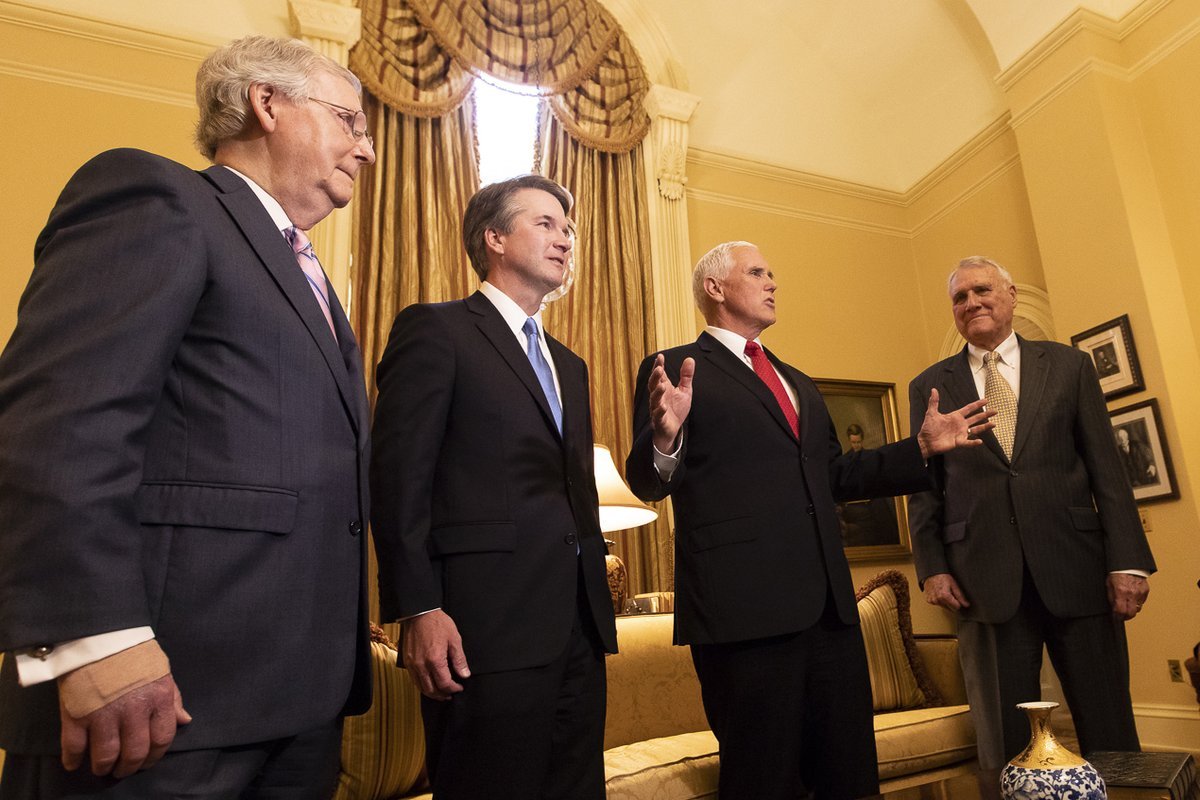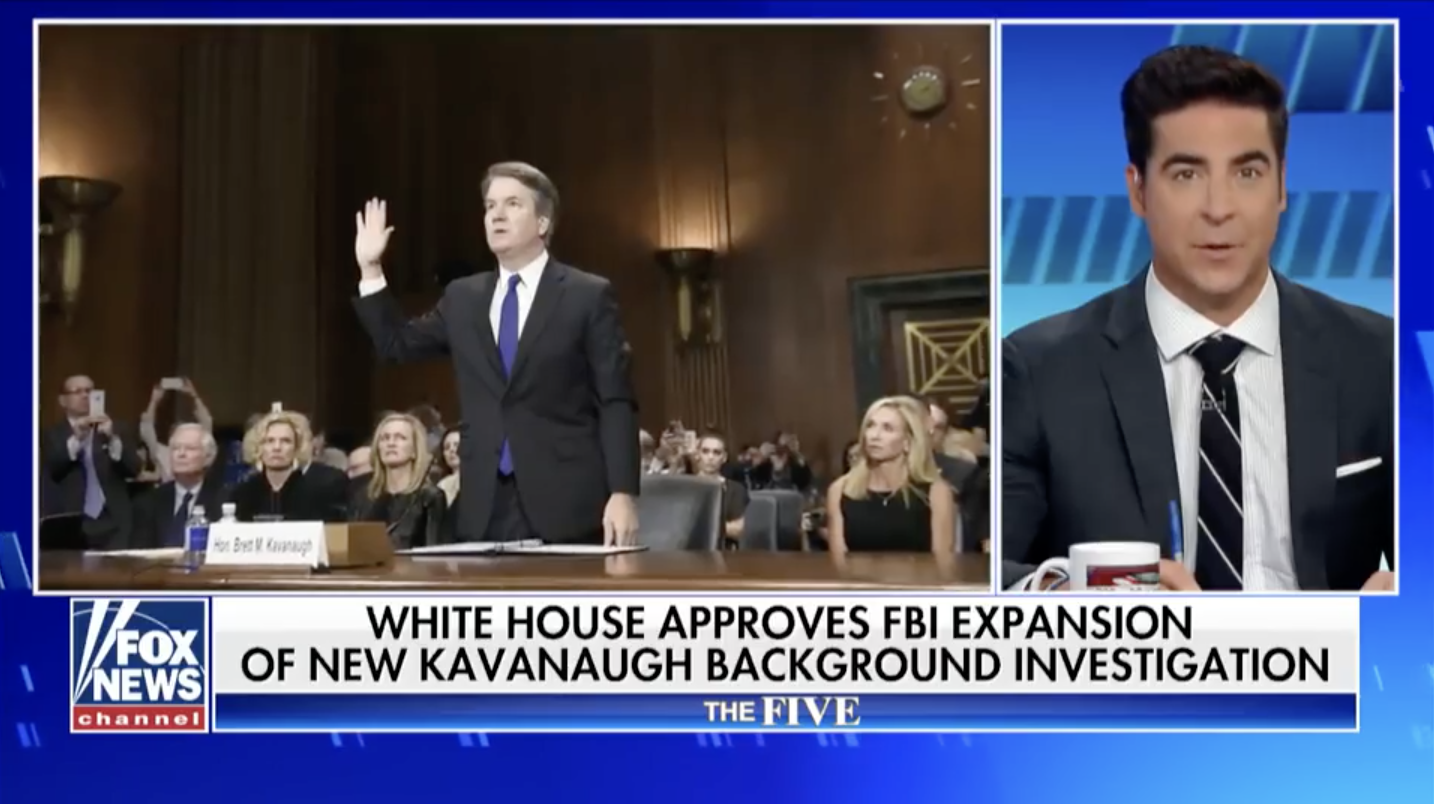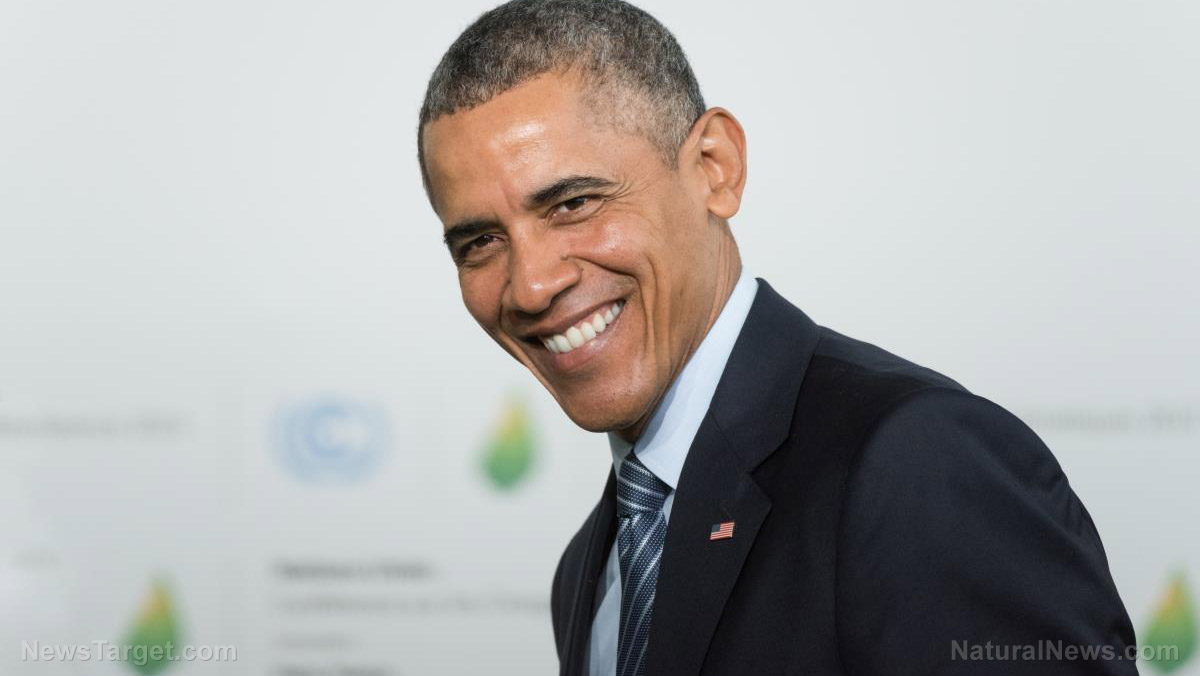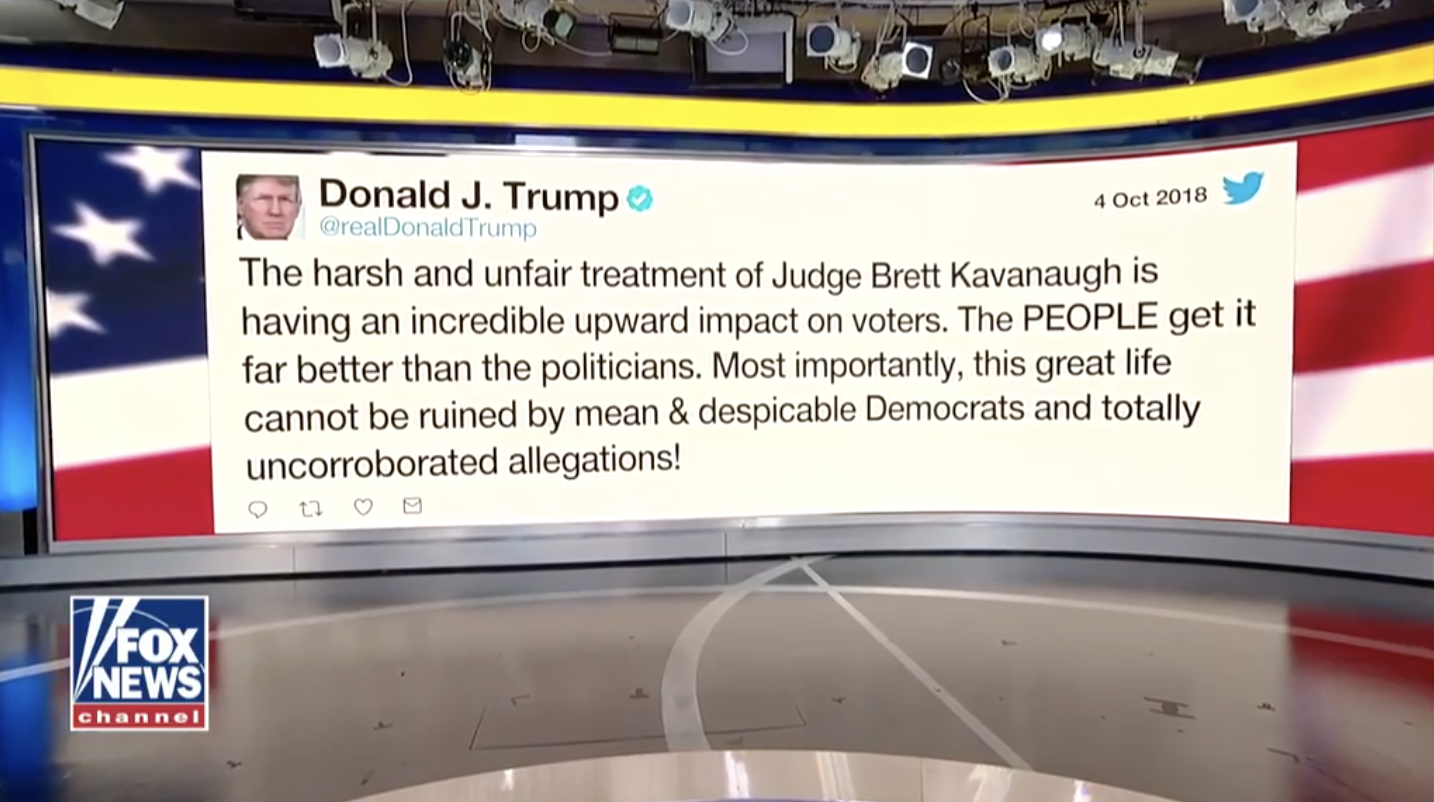Donald Trump announces plan to hammer Big Pharma monopoly profits by requiring competitive bidding
01/26/2017 / By Ethan Huff

During his first press conference as president-elect, Donald Trump unveiled how he plans to remove himself from his family’s business dealings to avoid any appearance of a conflict of interest while president. He also railed against the pharmaceutical industry, which he boldly described as “getting away with murder,” as he called for “new bidding procedures” to lower drug costs and presumably end the Big Pharma monopoly that has been strangling American healthcare for decades.
Following through on one of the many pro-business promises he made all along the campaign trail, Trump reiterated the need to rethink the way our country buys and sells drugs to help lower costs in the public interest. The United States is currently the largest buyer of pharmaceutical drugs in the world, and yet prices are completely out of control. Trump would like to see this change by using simple competitive market forces, a position that appeals to a strong public sentiment that Big Pharma has been getting away with far too much for far too long.
“Pharma has a lot of lobbyists and a lot of power,” the president-elect proclaimed before an eager press pool, “and there’s very little bidding. We’re the largest buyer of drugs in the world and yet we don’t bid properly.”
President-elect Trump’s statements come amidst the drug industry’s major annual investor conference, which is currently taking place in San Francisco. Though no specific policy proposals were presented by Trump as to how drug pricing will change, the writing seems to be on the wall for many key players within the drug industry, which felt a major hit in the stock market following the announcement.
“Our drug industry has been disastrous; [drug companies are] leaving left and right,” Trump added. “They supply our drugs but they don’t make them here, to a large extent.” (Follow more news about Big Pharma at BigPharmaNews.com)
Trump plan for pharmaceuticals should have bipartisan appeal; who doesn’t want more competition and lower prices?
While these words by Trump might come as a warning shot for the drug industry, they are music to the ears of the American public. Tackling the Big Pharma monopoly has been a key priority for voters on both sides of the aisle for many years, explaining why former presidential candidates Hillary Clinton and Bernie Sanders also took aim at drug industry price-gouging and other anti-consumer tactics while on the campaign trail.
Trump’s call for a policy of more competitive bidding to encourage lower drug prices is a message that one would expect would have drawn broader bipartisan support from both Republicans and Democrats than it has. But aggressive campaign “fake news” campaigns against the incoming Trump administration by many within the mainstream media have created an environment of continued hostility.
While the president-elect tried repeatedly to outline the many ways in which he plans to level the playing field, foster transparency and serve the interests of the country, many in the press pool could only find fault with every word coming out of his mouth. At one point, CNN reporter Jim Acosta had to be told to keep quiet and stop “being rude,” after he interrupted questions from another reporter with ones of his own.
“Your organization is terrible,” Trump retorted to Acosta’s continued interruptions and demands that his question be answered. “Don’t be rude. No, I’m not going to give you a question. You are fake news,” he added.
Later in the day, Trump “tweeted” about the fake news phenomenon that seems to be specifically targeting Trump with attacks in a way that no other president-elect in history has faced. Trump denounced the situation in all-caps as “A TOTAL POLITICAL WITCH HUNT!”
Sources for this article include:
Tagged Under: Collusion, competition, Donald Trump, drugs, free market, pharmaceuticals

